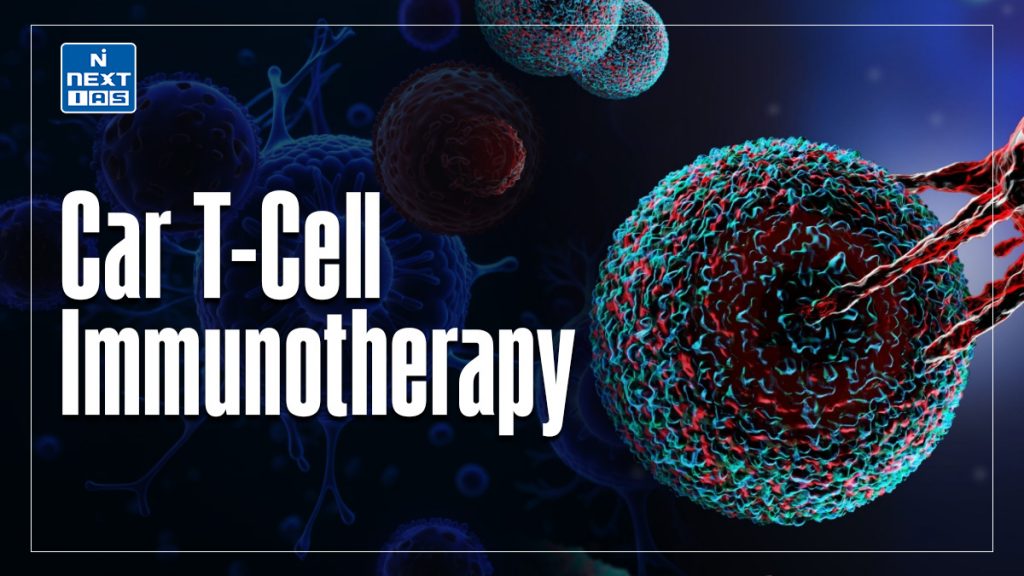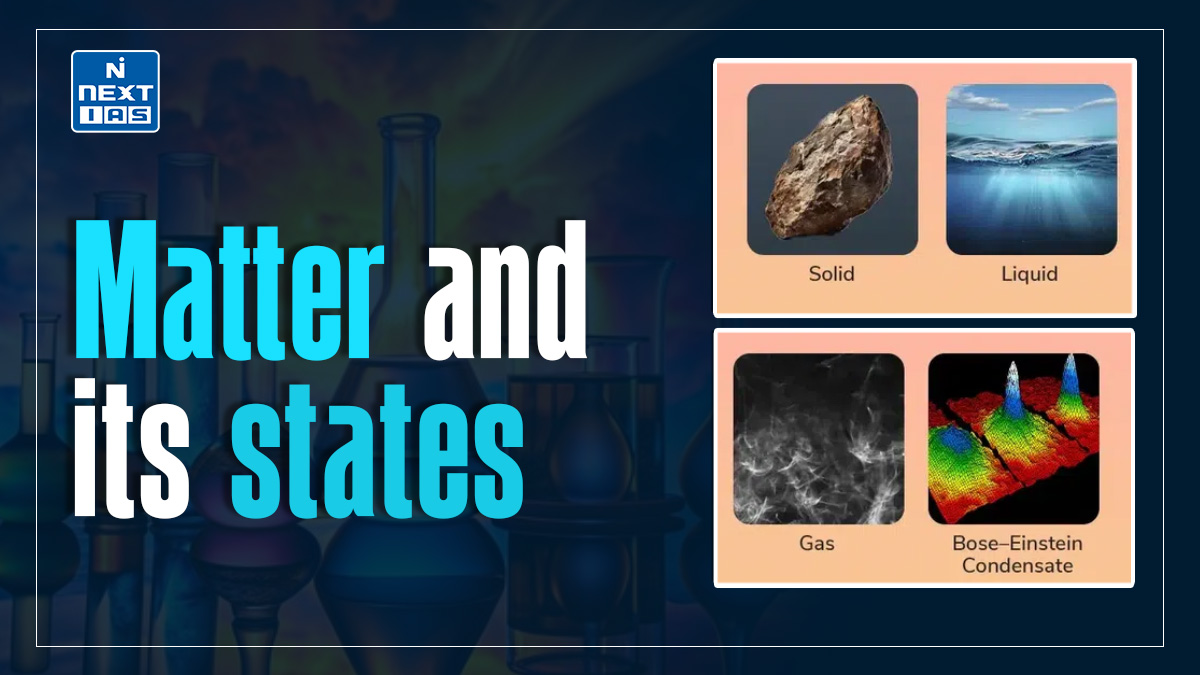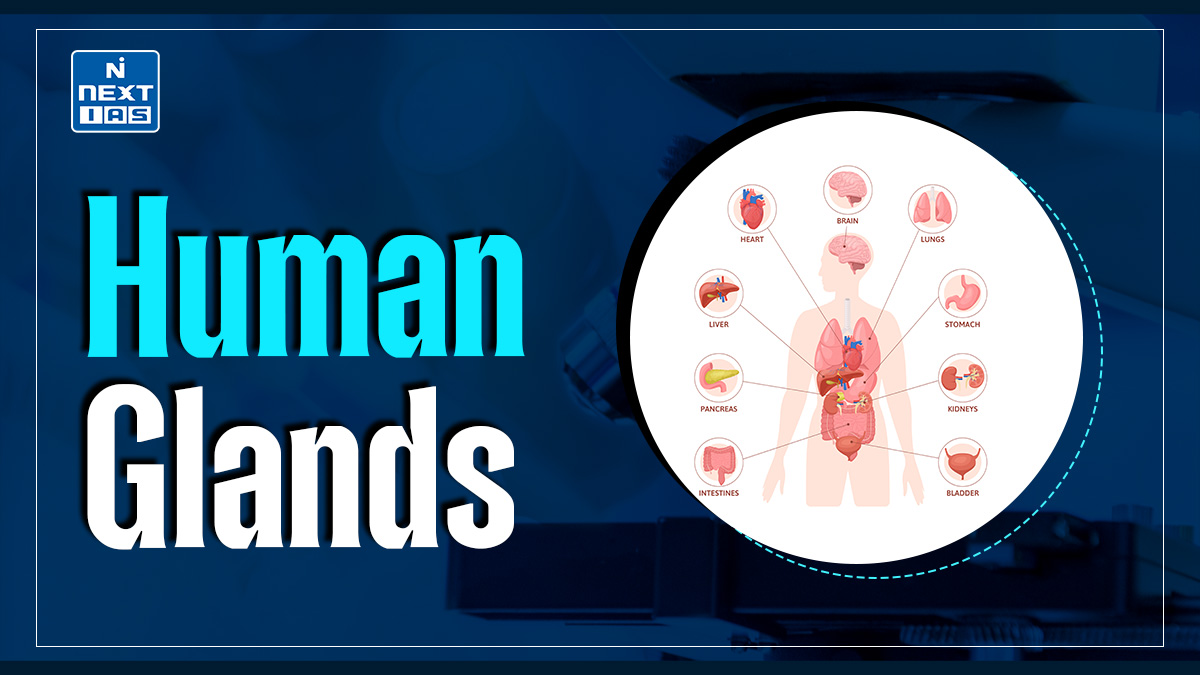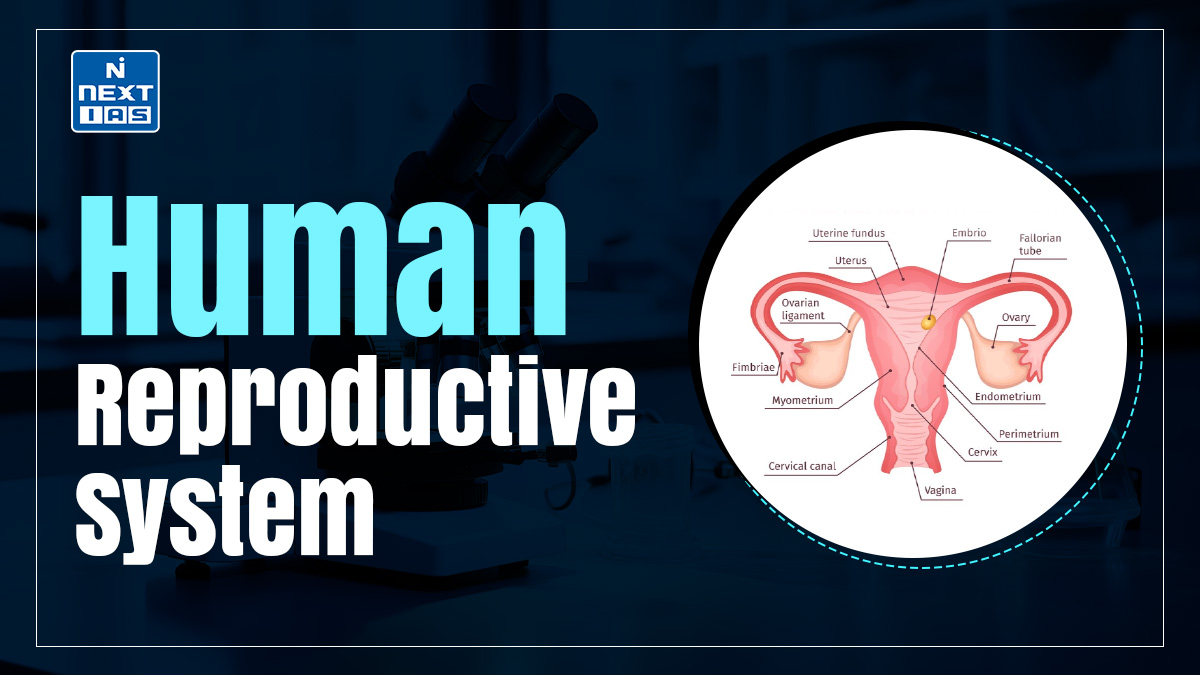
Car T-Cell Immunotherapy is an advanced cancer treatment that uses genetically engineered T-cells to target and destroy cancer cells. By modifying a patient’s own immune cells to recognize specific tumor markers, this therapy offers a revolutionary approach to treating certain blood cancers. It shows promise, though challenges remain for broader application.
About Car T-Cell Immunotherapy
- CAR T-cell immunotherapy is an innovative and promising cancer treatment that utilizes a patient’s own T-cells to combat cancer.
- This therapy involves extracting T-cells from the patient’s blood and genetically modifying them in a laboratory to produce a Chimeric Antigen Receptor (CAR) that can identify and target specific cancer cells.
- Once the T-cells are engineered, they are infused back into the patient to seek out and destroy cancer cells. CAR T-cell immunotherapy has proven highly effective in treating certain blood cancers, such as leukemia and lymphoma, particularly when other treatments have failed.
- Despite its success, the therapy is not without challenges. Side effects such as cytokine release syndrome (CRS) and neurotoxicity can occur, and it remains less effective for solid tumors compared to blood cancers.
- Research continues to improve its safety, broaden its applicability, and enhance its effectiveness. CAR T-cell immunotherapy represents a breakthrough in personalized, targeted cancer treatment.
Types of CAR T-cell Immunotherapy
CAR T-cell immunotherapy can be classified into several types based on the design of the chimeric antigen receptor (CAR) and the type of target cells they are engineered to attack. These types include:
- First-Generation CAR T-Cells
- These were the earliest forms of CAR T-cells, featuring a basic CAR structure with only the CD3ζ signaling domain. While effective in some cases, they lacked sufficient strength to sustain prolonged immune responses.
- Second-Generation CAR T-Cells
- These incorporate a co-stimulatory domain (e.g., CD28 or 4-1BB) along with the CD3ζ signaling domain. This combination improves the activation, proliferation, and survival of CAR T-cells, enhancing their anti-cancer effectiveness.
- Third-Generation CAR T-Cells
- These combine multiple co-stimulatory domains along with the CD3ζ signaling domain. They are designed to improve CAR T-cell activation and durability by enhancing their ability to persist and respond to cancer cells.
- Fourth-Generation CAR T-Cells (TRUCKs – T-cell Redirected for Universal Cytokine Killing)
- These CAR T-cells are engineered to secrete therapeutic cytokines upon activation, improving their ability to recruit other immune cells to the tumor site and enhance the anti-cancer response.
- Dual/Multiple CAR T-Cells
- These CAR T-cells are engineered to target multiple tumor antigens simultaneously, reducing the likelihood of tumor escape through antigen loss.
Each generation offers increasing sophistication and improved efficacy, with newer versions focusing on safety, efficacy, and adaptability for both blood cancers and solid tumors.
Side Effects of CAR T-cell Immunotherapy
CAR T-cell immunotherapy has shown promising results in treating certain cancers, but it can also lead to a range of side effects, some of which can be severe. These side effects can occur as a result of the immune system’s strong response or the engineered T-cells’ interaction with the body. Common side effects include:
- Cytokine Release Syndrome (CRS)
- Description: CRS is a systemic inflammatory response triggered when CAR T-cells attack cancer cells, releasing large amounts of cytokines into the bloodstream.
- Symptoms: Fever, fatigue, nausea, muscle pain, difficulty breathing, low blood pressure, and organ dysfunction.
- Management: Treatable with medications like corticosteroids or IL-6 blockers (e.g., tocilizumab).
- Neurological Toxicity (Neurotoxicity)
- Description: This side effect involves the nervous system and can manifest in varying degrees.
- Symptoms: Confusion, dizziness, seizures, difficulty speaking, memory problems, and in severe cases, cerebral edema.
- Management: Early detection and supportive care are essential.
- Infections
- Cause: The immune system may be weakened after CAR T-cell therapy, increasing the risk of infections.
- Symptoms: Fevers, chills, or signs of bacterial, viral, or fungal infections.
- Prevention: Prophylactic antibiotics and monitoring can reduce this risk.
- B Cell Aplasia
- Description: CAR T-cell therapy targeting CD19 can destroy normal B cells as well as cancerous ones.
- Symptoms: Low levels of immunoglobulins, leading to a weakened immune system.
- Management: Patients may require immunoglobulin replacement therapy to maintain immunity.
- Organ Dysfunction
- Description: Severe immune responses can impair organ function, particularly the liver, lungs, or heart.
- Symptoms: Yellowing of the skin (jaundice), shortness of breath, or other signs of organ distress.
- Allergic Reactions
- Description: Some patients may have immune responses against the CAR T-cells or their engineered components.
- Symptoms: Rash, swelling, or itching.
- Fatigue and Low Blood Cell Counts
- Cause: The body’s immune system and the CAR T-cells’ activity can lead to low red or white blood cell levels.
- Symptoms: Anemia, fatigue, or increased risk of infections.
Advantages CAR T-cell Immunotherapy
CAR T-cell immunotherapy offers a groundbreaking approach to cancer treatment, with several notable advantages compared to traditional therapies. These advantages are the reason CAR T-cell therapy has become a vital area of cancer research and treatment:
- Targeted Therapy
- CAR T-cells are engineered to specifically recognize and target cancer cells based on unique antigens, reducing damage to healthy cells.
- This targeted approach minimizes side effects compared to traditional chemotherapy or radiation.
- Effective Against Refractory Cancers
- CAR T-cell immunotherapy has shown success in treating cancers that have proven resistant to other therapies, such as chemotherapy or radiation.
- Many patients with advanced or relapsed cancers respond well when other treatment options have failed.
- Personalized Treatment
- The therapy uses a patient’s own T-cells, making it personalized and unique to the individual’s immune system. This improves the likelihood of a successful response.
- Durable Remission in Some Patients
- CAR T-cells have the ability to remain in the body long after administration, continuing to monitor for and destroy cancer cells.
- This can lead to prolonged remission in patients.
- Applicable to Various Blood Cancers
- CAR T-cell therapy has proven highly effective for treating specific blood cancers like leukemia, lymphoma, and multiple myeloma, especially those that do not respond to standard treatments.
- Minimizes Need for Continued Treatment
- Unlike traditional therapies that may require multiple cycles of treatment, CAR T-cell therapy can achieve long-term remission with a single infusion in many cases.
- Advancements in Research
- Ongoing research continues to improve CAR T-cell technology, including the development of CAR T-cells targeting solid tumors, improved safety, and reduced side effects.
Challenges in CAR T-cell Immunotherapy
CAR T-cell immunotherapy holds immense promise, but several challenges hinder its widespread application and effectiveness. Addressing these challenges is vital to improving patient outcomes and expanding the therapy to more types of cancers.
- Severe Side Effects
- Cytokine Release Syndrome (CRS): An excessive immune response leading to systemic inflammation.
- Neurological Toxicity (Neurotoxicity): Includes confusion, seizures, and memory issues.
- Managing these side effects requires prompt recognition and treatment, but they can be life-threatening.
- Limited Efficacy in Solid Tumors
- CAR T-cells have shown strong success against blood cancers but face challenges targeting solid tumors due to factors like:
- Tumor Microenvironment: Solid tumors have barriers that limit T-cell infiltration.
- Antigen Heterogeneity: Tumors may lose or alter their target antigens, allowing immune escape.
- CAR T-cells have shown strong success against blood cancers but face challenges targeting solid tumors due to factors like:
- Antigen Escape
- Tumors can evade CAR T-cell targeting by mutating or losing the targeted antigen (e.g., CD19 in leukemia).
- This can lead to treatment resistance and cancer recurrence.
- T-cell Exhaustion and Persistence Issues
- CAR T-cells may lose their ability to attack cancer cells over time due to T-cell exhaustion, a state of reduced immune function.
- Ensuring long-term persistence and activity of CAR T-cells remains a challenge.
- High Cost and Accessibility
- CAR T-cell therapy is expensive due to its personalized nature, complex manufacturing, and administration costs.
- Many patients, particularly in low-resource settings, cannot afford or access this treatment.
- Manufacturing and Time Constraints
- Producing CAR T-cells involves extracting a patient’s T-cells, genetically modifying them, and reinfusing them back. This process can take weeks, delaying treatment for rapidly progressing cancers.
- Risk of Off-Tumor Toxicity
- CAR T-cells may mistakenly attack healthy cells expressing low levels of the targeted antigen, causing unintended side effects or organ damage.
- Immune Suppression by the Tumor Microenvironment
- Solid tumors and certain environments can suppress the immune system, reducing the effectiveness of CAR T-cells.
- Need for Combination Strategies
- CAR T-cell therapy alone might not always be sufficient, requiring combination with other therapies (e.g., checkpoint inhibitors, chemotherapy, or radiation) to improve results.
Way Forward
The way forward for CAR T-cell immunotherapy involves advancing research to improve safety, efficacy, and accessibility. This includes enhancing CAR T-cell design, addressing resistance mechanisms, broadening treatment to solid tumors, reducing side effects, and ensuring affordability. Collaborative efforts, innovative technologies, and clinical trials will drive CAR T-cell therapy’s future.
Conclusion
Car T-Cell immunotherapy represents a groundbreaking advancement in cancer treatment, offering hope for patients with aggressive or resistant cancers. Its success in targeting and destroying cancer cells highlights its potential, but challenges like side effects, accessibility, and cost remain. Continued research is vital to improve safety and expand its applications.
Frequently Asked Questions (FAQs)
What is the difference between Immunotherapy and CAR T-cell therapy?
Immunotherapy boosts the immune system’s natural ability to fight diseases like cancer using methods such as checkpoint inhibitors or cytokines. CAR T-cell therapy, a specialized form of immunotherapy, modifies a patient’s T cells to express Chimeric Antigen Receptors (CARs), enabling them to target and destroy specific cancer cells more effectively.
What is the success rate of CAR T Immunotherapy?
The success rate of CAR T-cell Immunotherapy is highly promising for certain cancers, especially blood cancers like leukemia and lymphoma. Clinical trials have shown complete remission rates exceeding 90% in some patients with relapsed or refractory hematologic malignancies.
What is life expectancy after CAR T-cell therapy?
The life expectancy after CAR T-cell therapy varies widely based on individual responses, cancer type, and other factors. Approximately 30-40% of patients achieve lasting remission without further treatment. For those in long-term remission, survival can extend beyond six years, and some may live over a decade cancer-free.





